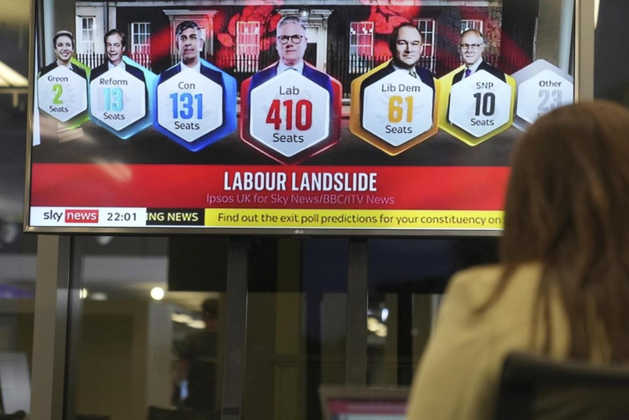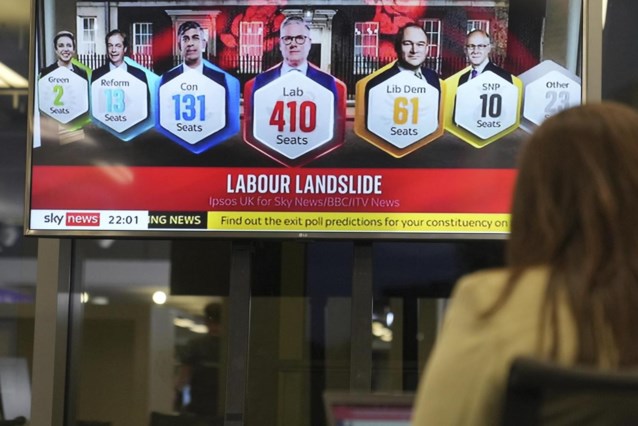Lots of noise, few seats
Britain is electing 650 new MPs to the House of Commons, the equivalent of our House of Representatives. The country is divided into 650 constituencies, with each party putting forward one candidate for each seat. Independents can also compete for seats. The candidate with the most votes wins the seat.
The system – ‘first pass through the post‘ in the jargon – strongly favoring the bigger fish. Therefore, smaller parties, such as Reform UK, as well as the Liberal Democrats or the Green Party, are at a disadvantage. These smaller parties may gain a significant number of votes, but often not enough to become the largest party in a constituency and win seats in the House of Commons. This also explains why Farage’s party was “only” able to win 4 seats.
Farage himself ran as a candidate in the Clacton constituency in southeast England, and was easily elected there, with 21,225 votes. It is no surprise that Farage ran as a candidate in the constituency. In 2016, Brexit supporters in Clacton won a landslide victory: no less than 70 percent of residents voted to leave the European Union.

“Hipster-friendly creator. Music guru. Proud student. Bacon buff. Avid web lover. Social media specialist. Gamer.”







